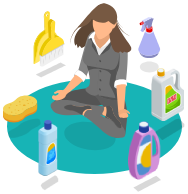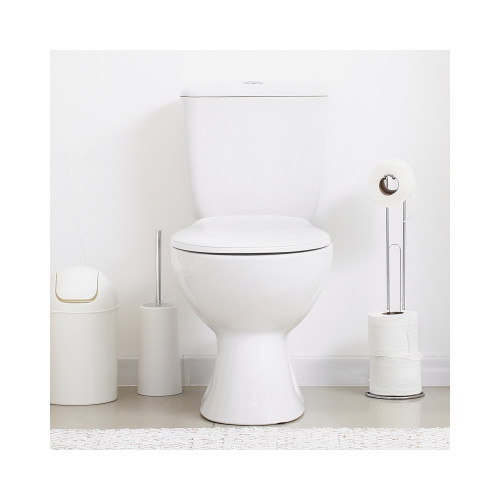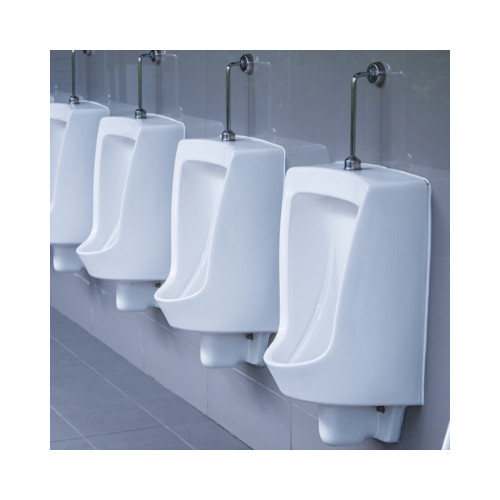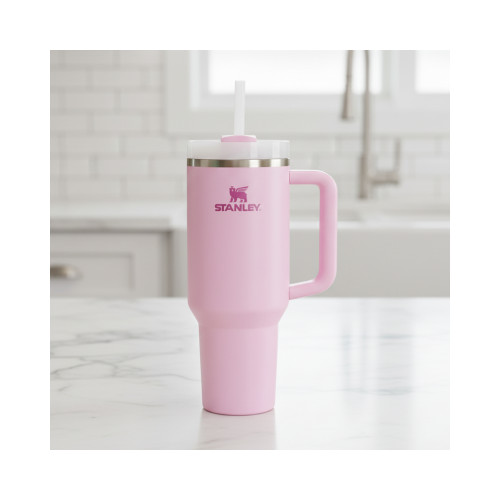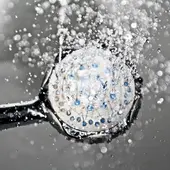
How to Clean Your Shower
Cleaning your shower is a time-consuming task that often goes overlooked that not only makes it more aesthetically pleasing, but also safe to use. A regular cleaning routine can prevent the buildup of mold and mildew that can be hazardous to your health and remove any pathogens that may pose a risk. To help you out with cleaning your shower, here are our top tips to follow that will have you scrubbing without much effort. In this article, we will show you how to clean your shower so that it stays sparkling and looking like new.
What Is the Area That Needs to Be Cleaned?
The most important areas that need to be cleaned are the floor, the tiles, the shower head, the shower curtain, and if your shower isn't a stand alone cubicle, the bathtub. The grout between the tiles on the floor and walls of the shower can be most problematic and are likely to harbour mould and mildew. This also applies to any sealant you may find around shower screens. The final problem area is the shower head. Shower heads are notorious for limescale build up. Limescale can harbour germs being another area mould likes to hide, also lowering the effectiveness of your shower head by blocking the jets!
What Materials Do I Need to Clean a Shower Properly?
You will need to make sure that you have all of the right materials before you start. This includes bathroom cleaning sprays, brushes for scrubbing the shower and microfibre cloths for wiping down surfaces.
The products we would recommend are as follows:
- An effective bathroom spray cleaner such as Astonish Pine Disinfectant and Cleaner or Cif Power and Shine Antibacterial Spray
- Viakal Classic limescale remover
- A mould and mildew remover such as Astonish Mould and Mildew Blaster or Dettol Mould and Mildew Remover
- Red microfibre cloths (we recommend colour coding your cloths so you don't get accidentally used in order areas of your home)
- A nail brush, stiff-bristled brush
- A toothbrush for scrubbing hard to reach areas.
How Should I Clean the Shower?
You should always clean your shower from top to bottom. Start by removing the shower head and spraying it with a limescale remover such as Viakal. Once sprayed, let it rest for a few minutes for the cleaning fluid to break down the mineral deposits and rinse with warm water. Secondly, remove the head from the shower pipe. Pour some viakal inside the head and screw it back on. Again, let the shower head rest for a few minutes. Turn on the shower and rinse through thoroughly with warm water.
Next, spray all of the surfaces within the shower area with an effective bathroom cleaning product such as Astonish Pine Disinfectant and Cleaner or Cif Power and Shine Antibacterial Spray. This includes the ceiling, screens, tiled walls, and base/bath tub. Wipe down with a microfibre cloth and be sure to use a scrubbing brush if necessary to remove ingrained dirt or grime. Rinse well and make sure you do not leave any residue behind. Stubborn areas that harbour mould and mildew, such as tile grout and sealant, may require further treatment. For this we recommend using a specialised product designed to target mould and mildew such as Astonish Mould and Mildew Blaster or Dettol Mould and Mildew Remover. Apply the product to the area, allow to work for a couple of minutes, and scrub thoroughly with a stiff-bristled brush or toothbrush.
When using cleaning chemicals, always wear the correct PPE. This will be specified on the products safety sheet. When using a brush to clean, this can cause cleaning products to splash and flick unexpectedly so we would always recommend wearing googles to prevent the risk of contact with your eyes.

How Often Should It Be Cleaned?
Bathing and showering uses water and soap, which leaves behind dirt and grime. This buildup can cause mildew or mold to grow in your shower. You should clean your shower once every week if you use it daily, but if you’re just using it a few times a week, extend the time to every 2 weeks. You should typically clean your shower at least once every two weeks. This will prevent residues from accumulating and reduce the likelihood of mold or mildew growing in the shower.
How Long Does It Usually Take to Clean a Shower?
This depends on how dirty the shower is. Generally, a quick clean takes about 15 minutes to complete, but a thorough clean might take up to an hour.
Cleaning your shower may seem like a daunting task, but it's really not that difficult. The key is to break the process into manageable tasks, which you could complete on different days of the week.
For example, you could treat the shower head every Monday, clean the walls, ceiling and shower base/bath tub on a Wednesday and treat and remaining mould and mildew on a Saturday. Cleaning a shower doesn't seem so bad after all!
Conclusion
By following our guide, you can keep you shower clean and free from mould and mildew. Regular cleaning will prevent the gross and funky buildup of mildew and mold, and make your life easier in the long run. Learning how to clean a shower has never been easier!
Please note, in a commercial setting and as part of routine Legionella control maintenance, to comply with HSE ACOP L8 and HSG274 Part 2, shower heads and hoses should be dismantled, cleaned, descaled and disinfected on a quarterly basis.
Stay Connected
Stay connected and be the first to know about our latest products, special offers, and exciting news:The Cleaning Blog
Want to learn more about cleaning? From the latest cleaning and hygiene news to handy how-to guides, why not check out our most popular blog categories.Stay Connected
Stay connected and be the first to know about our latest products, special offers, and exciting news: